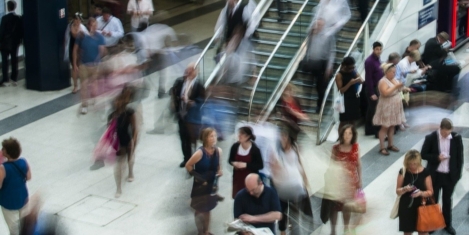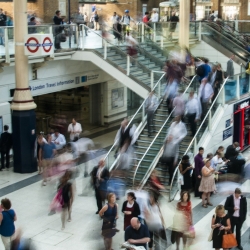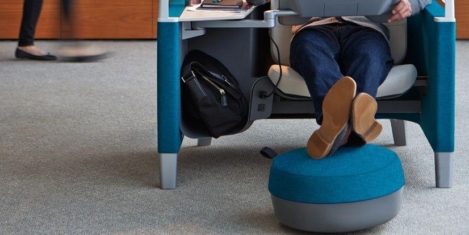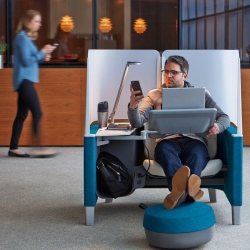August 26, 2025
Trump appoints Airbnb co-founder as first official government head of design
 US President Donald Trump has appointed Airbnb co-founder Joe Gebbia as the United States’ first Chief Design Officer, a role created as part of the launch of the National Design Studio within the Executive Office of the President. The new position was confirmed through an executive order signed on 21 August. The initiative, called America by Design, has been established to address the way federal services are designed and delivered. The government says the focus will be on improving the usability and consistency of the government’s digital presence, from websites and forms to broader systems that affect how citizens access services. The National Design Studio says it will work with agencies across government to ‘streamline interfaces and reduce duplication, with the goal of creating a simpler, more coherent experience for the public. (more…)
US President Donald Trump has appointed Airbnb co-founder Joe Gebbia as the United States’ first Chief Design Officer, a role created as part of the launch of the National Design Studio within the Executive Office of the President. The new position was confirmed through an executive order signed on 21 August. The initiative, called America by Design, has been established to address the way federal services are designed and delivered. The government says the focus will be on improving the usability and consistency of the government’s digital presence, from websites and forms to broader systems that affect how citizens access services. The National Design Studio says it will work with agencies across government to ‘streamline interfaces and reduce duplication, with the goal of creating a simpler, more coherent experience for the public. (more…)









 A new poll suggests that younger people are increasingly seeking a return to office working, as large numbers report that remote work has left them feeling lonely and disconnected. The survey from
A new poll suggests that younger people are increasingly seeking a return to office working, as large numbers report that remote work has left them feeling lonely and disconnected. The survey from 


 Leaders who feel ignored or excluded by their own families are more likely to withdraw at work, undermining both team morale and customer service, according to new research from the University of Bath.
Leaders who feel ignored or excluded by their own families are more likely to withdraw at work, undermining both team morale and customer service, according to new research from the University of Bath. 






















August 4, 2025
How AI is already changing the world of work
by Laura Anderson • AI, Comment, Workplace